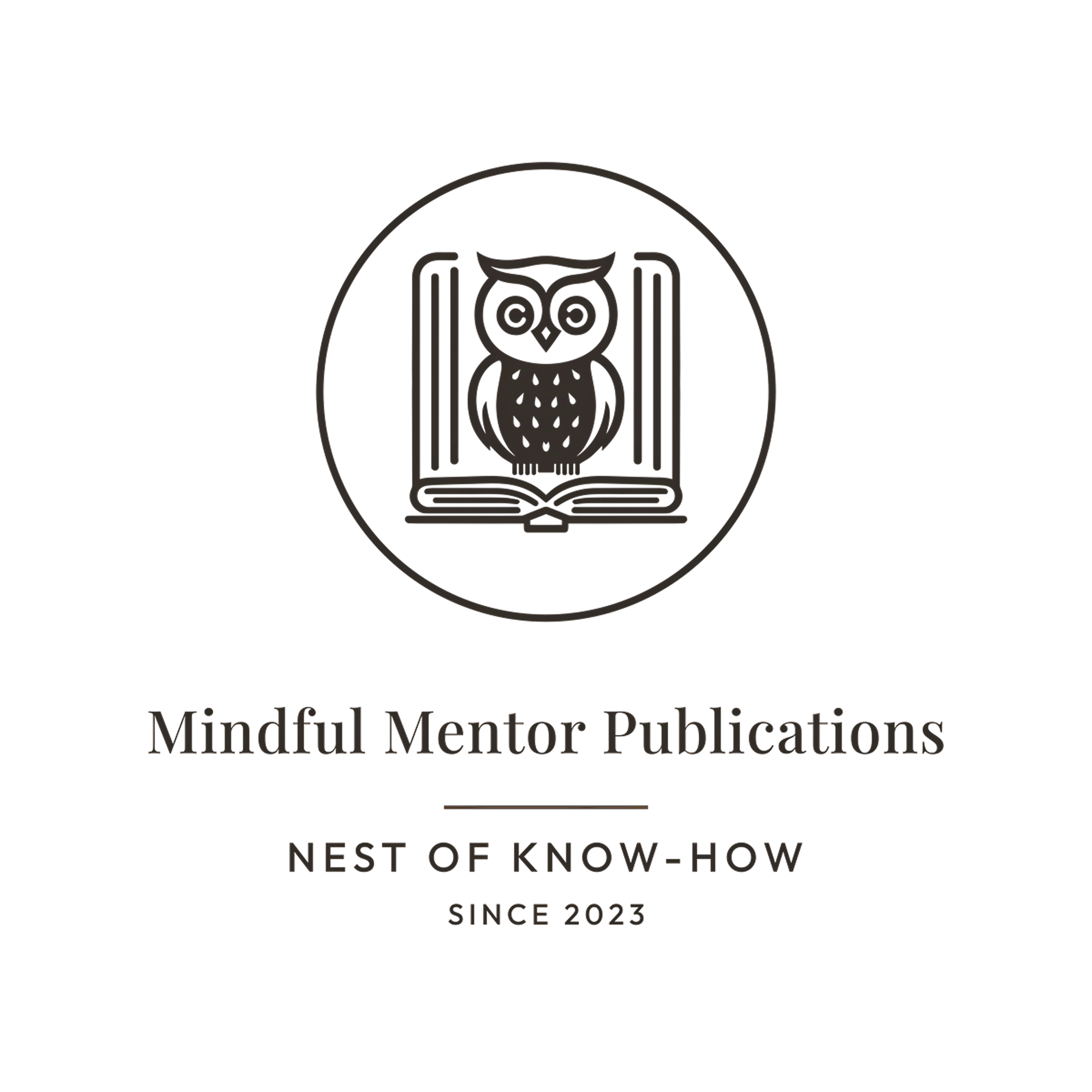When it comes to dealing with the daily pressures of life, finding effective strategies to cope and manage stress is essential. With so many demands and responsibilities in today’s fast-paced world, it’s no wonder that stress has become a common part of our lives. In this article, we will explore the five key strategies that can help you navigate through stressful situations with grace and ease. Whether you’re looking to improve your overall well-being or seeking ways to handle specific stressors, we’ve got you covered. So, let’s dive in and discover how you can take control of stress and live a happier, more balanced life.

This image is property of images.pexels.com.
Exercise
Engaging in regular physical activity is not only beneficial for your physical health but also for your mental well-being. Exercise has been proven to be an effective stress management tool, helping to reduce feelings of anxiety and improve your overall mood. When you engage in physical activity, your brain releases endorphins, which are natural mood-boosting chemicals that can help alleviate stress. Additionally, exercise can provide a much-needed distraction from your everyday worries and responsibilities, allowing you to focus on something positive and beneficial for your body and mind. Types of exercises suitable for stress relief include aerobic exercises like running or swimming, as well as activities like yoga or tai chi, which promote relaxation and mindfulness.
Relaxation Techniques
In addition to exercise, incorporating relaxation techniques into your daily routine can greatly contribute to managing stress. Deep breathing exercises involve taking slow, deep breaths and can help activate your body’s relaxation response, bringing about a sense of calm. Progressive muscle relaxation involves tensing and then releasing different muscle groups throughout your body, helping to release physical tension and promote relaxation. Meditation and mindfulness practices focus on training your mind to be present in the moment and letting go of stress-inducing thoughts. Consider incorporating practices such as yoga or tai chi into your routine, as they combine physical movement and mindfulness to promote relaxation and reduce stress.
Time Management
An essential aspect of stress management is effectively managing your time. Setting priorities allows you to identify the most important tasks and allocate your time and energy accordingly. Creating schedules and to-do lists can provide structure and help you stay organized, reducing the feeling of being overwhelmed by tasks. Avoiding procrastination is crucial, as putting off tasks can lead to increased stress levels. Learning to delegate tasks is also important, as it can help lighten your workload and prevent feelings of burnout. By effectively managing your time, you can reduce stress by creating a more manageable and balanced lifestyle.
Healthy Lifestyle
Maintaining a healthy lifestyle is vital for overall well-being and stress management. A balanced diet and proper nutrition can provide your body with the essential nutrients it needs to function optimally. Incorporating whole foods, such as fruits, vegetables, lean proteins, and whole grains, can help support your physical and mental health. Adequate sleep and rest are also crucial in managing stress. Prioritizing sleep allows your body and mind to recover and recharge, promoting better stress management. Limiting caffeine and alcohol intake is important, as excessive consumption can exacerbate feelings of anxiety and affect your quality of sleep. Additionally, avoiding smoking and substance abuse is essential, as these can have detrimental effects on your physical and mental health, further intensifying stress levels.

This image is property of images.pexels.com.
Social Support
Building and maintaining a strong support network can be highly beneficial in managing stress. Having supportive and understanding individuals in your life can provide a sense of comfort and security during challenging times. Seek out friends, family members, or colleagues who are willing to lend a listening ear or offer advice when needed. If you find it difficult to find support within your existing network, consider joining support groups or therapy sessions where you can connect with others who may be experiencing similar challenges. Expressing your feelings and concerns can provide relief, and seeking advice from trusted individuals can help you gain new perspectives and potential solutions to your stressors.
Cognitive Strategies
Cognitive strategies involve managing and challenging your thoughts and beliefs to reduce stress. Identifying and challenging negative thoughts is a crucial step in this process. By recognizing negative thinking patterns, you can actively work to reframe and challenge those thoughts, replacing them with more positive and realistic ones. Practicing positive self-talk is another effective cognitive strategy. By intentionally focusing on positive aspects of yourself and your situation, you can cultivate a more optimistic mindset. Adopting a problem-solving approach involves identifying the source of your stress and actively seeking practical solutions. Developing resilience and cultivating optimism can help you navigate stressful situations with a more positive outlook and increased coping abilities.

This image is property of images.pexels.com.
Hobbies and Recreation
Engaging in activities that bring you joy and relaxation is an important part of stress management. Hobbies and recreational activities provide an outlet for self-expression, creativity, and enjoyment. Whether it’s painting, playing a musical instrument, gardening, or engaging in sports, finding activities that you genuinely enjoy can help relieve stress and promote a sense of well-being. Exploring creative outlets, such as writing, drawing, or crafting, can also serve as a form of self-expression and a means of channeling your emotions in a positive way. Taking regular breaks and incorporating leisure time into your schedule is crucial for maintaining a healthy work-life balance and preventing burnout. Striking a balance between work and play is essential for overall stress management.
Stress Reduction Techniques
In addition to relaxation techniques, there are various stress reduction techniques that can be incorporated into your daily routine. Visualization and guided imagery involve mentally picturing calm and pleasant scenes or situations, helping to create a sense of relaxation and relief from stress. Listening to calming music can also have a soothing effect on both your mind and body. Engaging in aromatherapy, such as using essential oils or lighting scented candles, can help create a calming ambiance and promote relaxation. Stress balls and fidget toys can serve as a physical outlet for stress, allowing you to release tension and redirect anxious energy.

Mindfulness and Self-Care
Practicing mindfulness involves being fully present in the moment and nonjudgmentally observing your thoughts, feelings, and sensations. By practicing mindfulness, you can develop a greater awareness of your stress triggers and learn to respond to them in a more balanced and compassionate way. Taking time for self-reflection allows you to gain insight into your emotions and needs, helping you make informed decisions and prioritize self-care. Engaging in self-care activities, whether it’s taking a warm bath, going for a walk in nature, or enjoying a hobby, can provide a much-needed break from stress and promote overall well-being. Practicing gratitude and self-compassion involves acknowledging and appreciating the positive aspects of your life and treating yourself with kindness and understanding.
Seeking Professional Help
While self-care strategies can be highly effective in managing stress, there may be times when additional support is needed. Recognizing when stress becomes overwhelming is crucial in seeking professional help. Consulting with healthcare professionals, such as therapists or counselors, can provide you with expert guidance and support tailored to your individual needs. Therapy and counseling options can help you explore the root causes of your stress and develop coping strategies to effectively manage it. In some cases, medication and other treatment options may be considered to address underlying mental health conditions. Seeking professional help is a sign of strength and a proactive step towards actively managing and coping with stress.






